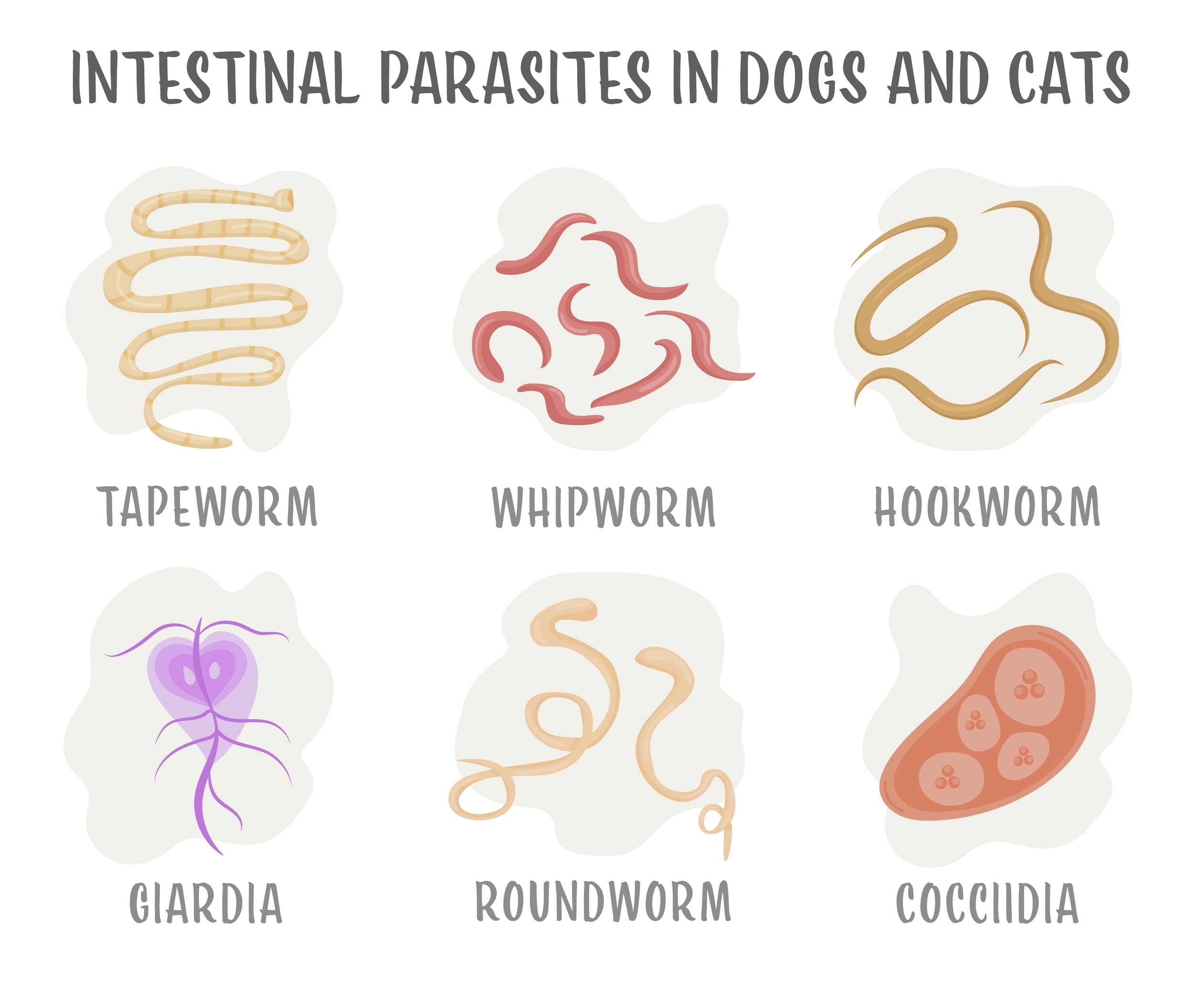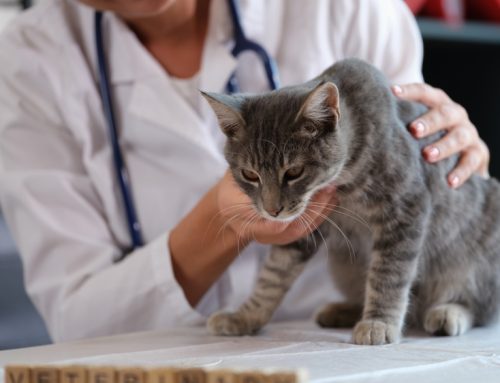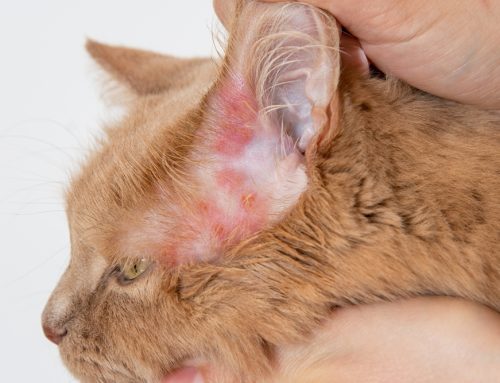Intestinal parasites are common in cats and dogs, particularly in young or immunocompromised pets. Some parasites can also be passed from pets to people, so knowing about these nutrient-leaching pests is important. Brush up on the intestinal parasite facts shared by our Chiefland Animal Hospital team to keep you and your four-legged friend safe from parasitic infections.
Roundworms in pets
Roundworms are the most common intestinal parasite to infect cats and dogs. This spaghetti-like parasite can be transmitted in a variety of ways, including through the placenta to unborn puppies and kittens, an infected mother’s milk, and contact with infective feces or contaminated surfaces. Larvae can also encyst in the body and remain inactive for years until triggered through immunosuppression. Roundworms can also be passed from pets to people through accidental ingestion of infective feces. Children most commonly develop roundworm infections from their pets, because they are at their pet’s “tongue level” and often are licked on the face. Also, children may not adhere to adult-standard hygiene.
Puppies and kittens are most likely to develop serious infections and may not only pass worms in their feces, but also vomit them up. Infected pets may appear pot-bellied and have a dull hair coat, and young pets may fail to thrive.
Although roundworm transmission can be simple, treatment is equally simple. Many deworming medications and parasite prevention products can eradicate this parasite.
Tapeworms in pets
Several tapeworm species can infect pets and also people if they accidentally ingest tapeworm eggs. Dogs typically become infected with tapeworms from the fleas they groom from themselves, while cats develop disease by eating infected rodents.
While the rice-like tapeworm segments stuck to your pet’s hind end are revolting, they rarely cause serious disease. Problems that can occur include digesting and absorbing food, irritability, inconsistent appetite, rough hair coat, and mild diarrhea.
Tapeworm control requires treatment and prevention. Treatment is simple, because many tapeworm deworming medications are available, but prevention can be trickier. Preventing flea infestations and keeping your pet from eating rodents are necessary to avoid reinfection.
Hookworms in pets
Hookworms are aptly named, as they anchor themselves to pets’ intestinal walls with their hook-like mouth parts and leach blood and nutrients. These tiny parasites can infect your pet through several methods, including ingesting larvae-carrying rodents or cockroaches, consuming milk from an infected mother, or larvae invading through the skin. Hookworms can also burrow into your skin and cause infection.
Because hookworms latch onto and significantly damage your pet’s intestinal walls, a hookworm infection can lead to anemia, tarry stool, weight loss, and a poor hair coat. Severe hookworm infections can cause overwhelming anemia in puppies and kittens, and can be fatal.
Hookworm infections can be easily treated with a variety of deworming medications. Some heartworm preventives also protect against certain hookworm species.
Whipworms in pets
Whipworm infections are not common in cats, but dogs are susceptible. Whipworm eggs are exceptionally hardy and can lie dormant in the environment for years, unless they dry out.
Mild whipworm infections rarely cause clinical signs, but a heavier worm load can lead to diarrhea and weight loss. Blood in the feces may be seen in heavy infections, resulting in anemia.
Many deworming medications are available to treat whipworm infections. Some heartworm preventives also can prevent whipworm infections.
Protozoan parasites in pets

Protozoa are single-celled organisms that can cause serious intestinal illness in dogs and cats. Giardia and coccidia are the most common. While these parasites can be highly infectious, especially Giardia, they tend to be species-specific when infecting a host, which means that your healthy cat is unlikely to contract coccidia from your dog, and you will not develop giardiasis from your cat.
Protozoan parasitic infections may not always cause clinical signs, but diarrhea is commonly seen if they become ill. Pets affected with Giardia can develop intermittent, chronic diarrhea that is foul-smelling, pale in color, and poorly formed. Giardia-infested diarrhea is rarely watery or bloody. Coccidiosis, on the other hand, tends to result in mucoid, watery diarrhea that may contain blood.
Protozoan parasitic infection treatments focus on excellent hygiene to avoid reinfection. Medications, such as antibiotics and anti-parasitic drugs, can reduce cyst shedding and manage clinical signs, but the main goal is preventing your pet from reinfection by removing potential parasite sources (i.e., feces from the environment).
Parasitic infections can cause serious intestinal illness in pets, and can also be transmitted from your pet to you. Protect yourself and your pet from a multitude of intestinal parasites by scheduling a preventive care appointment with our Chiefland Animal Hospital team.








Leave A Comment